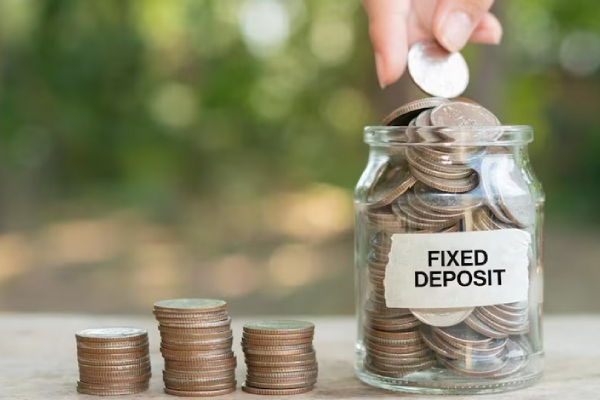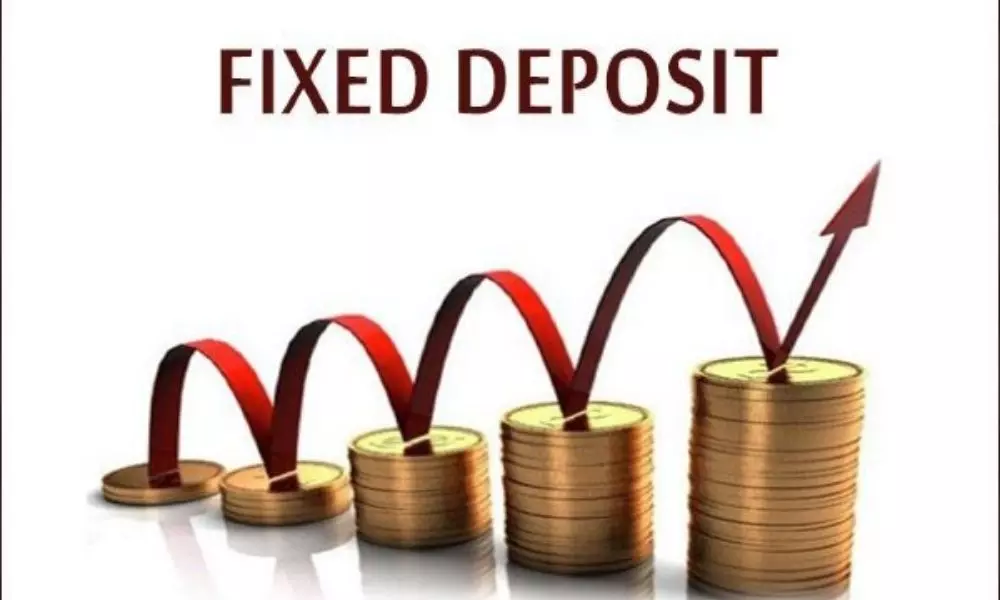Looking for a safe and secured investment option that guarantees returns? Fixed deposits (FDs) should be your go-to choice. The trusted fixed deposit has been India’s most popular investment vehicle for generations. With FDs, your principal amount remains protected while earning steady interest income. Read on to make informed FD investment decisions that align with your financial goals!
What is a Fixed Deposit?
Financial instruments are known as financial deposits offered by banks and NBFCs. It allows you to pay some amount for a fixed tenure, ranging from 7 days to 10 years. The invested amount earns a fixed rate of interest decided at the time of opening the FD.
On maturity, you get back the invested principal and the interest earned. Many banks also allow premature withdrawals, albeit with specific penalties.
Features and Benefits of Fixed Deposits
Here are some of the notable features and benefits of parking funds in an FD:
- Guaranteed returns – The interest rate is fixed when you invest and remains unchanged throughout the tenure.
- Safety – FDs involve negligible risk. They are safer than market-linked investments like stocks or mutual funds.
- Flexibility—You can invest for as little as seven days or as long as ten years. You can also opt for monthly interest payouts and forward contracts.
- Loan facility – Banks allow you to take loans against your FDs up to a specific limit.
- Tax benefits – Interest income above ₹40,000 per annum is taxable. However, tax deductions are available under Section 80C.

Interest Rates on Fixed Deposits
The interest rate is your earnings on the amount invested in an FD. Fixed deposit interest rates vary across banks and depend on deposit tenure, amount, and customer type.
Depending on the bank, the amount deposited, and the tenure, FD account holders generally receive interest rates between 4% and 7.90% p.a. Senior citizens may receive higher rates subject to individual bank policies.
Longer-term FDs of 5 years or more get higher interest rates than short-term FDs of 6 months or one year. The interest rate applicable remains fixed throughout the FD tenure, giving guaranteed returns.
You can claim tax benefits on the interest income if you invest in a long-term FD of 5 years or above by showing it as an investment. The same may not apply to short-term FDs.
How to Open a Fixed Deposit Account?
The Following are essential steps to open an FD account successfully:
- Shortlist banks offering the best FD interest rates and terms that match your needs.
- Typically, you need a savings account with that bank to open an FD. If not, open one first.
- Collect and prepare all the KYC documents needed, including the PAN card, Aadhaar, passport-size photos, etc.
- Visit the bank branch or log on to their website to complete the online FD application form.
- Transfer the lump sum investment amount to the bank via cheque, debit card, net banking, etc.
- The bank will issue an FD receipt mentioning all details like amount, tenure, interest rate, etc.
- On maturity, visit the branch to close the FD account and collect the maturity amount.
Conclusion
Fixed deposits are a worthy investment option for beginners and risk-averse investors alike. By comparing interest rates and terms across banks, you can find the FD that best aligns with your financial goals. Invest long-term and opt for higher principal amounts to earn maximum returns safely and securely.
